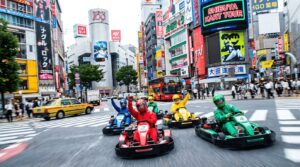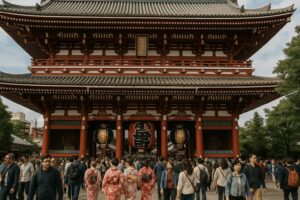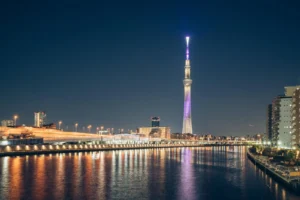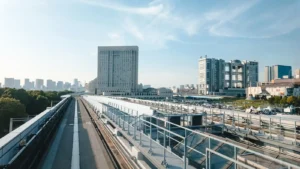Last Updated on 2025年12月29日 by IAJ
If you’re visiting Tokyo and want to explore its rich cultural history, the Tokyo Imperial Palace (皇居 / Kōkyo) is a must-see. Nestled in the heart of the city, this grand complex is home to Japan’s Imperial Family and is surrounded by moats, gardens, and the remains of the historic Edo Castle. Whether you’re a history buff or just looking for a peaceful escape from the city bustle, the Imperial Palace offers a unique glimpse into Japan’s royal legacy.
🏰 Want to explore the hidden stories of Edo Castle and the Imperial Palace with a local expert?
👉 Join this Historical Walking Tour on Klook
🏯 A Brief History of the Imperial Palace
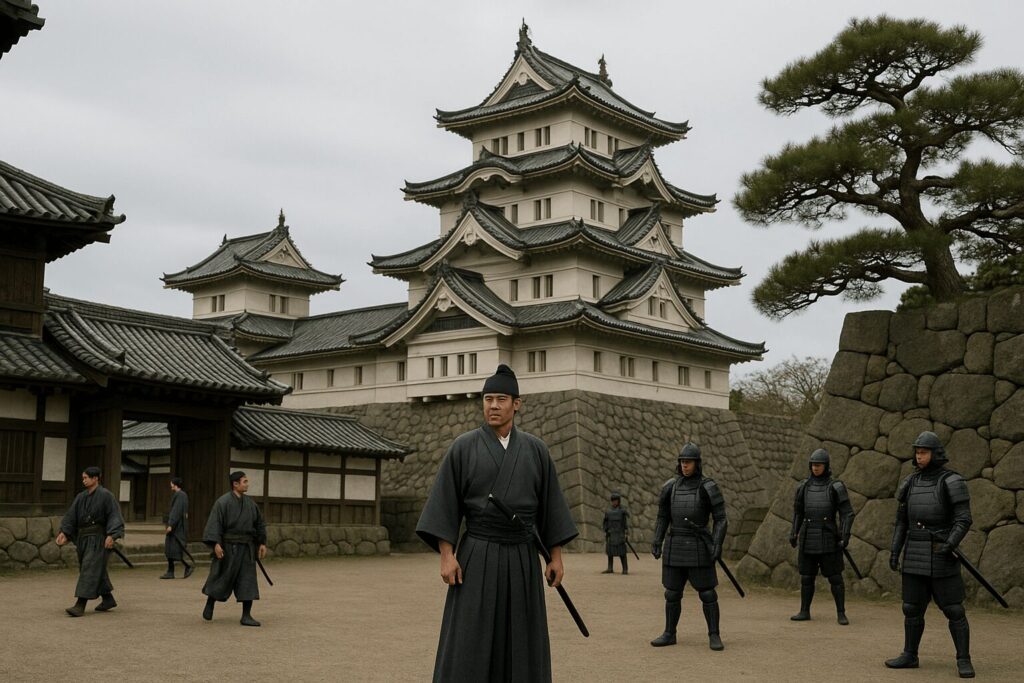
Before becoming the Imperial residence, this area was known as Edo Castle, the seat of power for the Tokugawa shogunate during the Edo period (1603–1868). After the Meiji Restoration in 1868, the Emperor moved from Kyoto to Tokyo, and Edo Castle became the new Imperial Palace.
Although much of the original castle was destroyed by fire and war, the site still retains key elements such as moats, gates, and stone foundations. Today, the palace grounds are a harmonious blend of Japanese tradition and modern-day serenity.
🌿 What You Can See
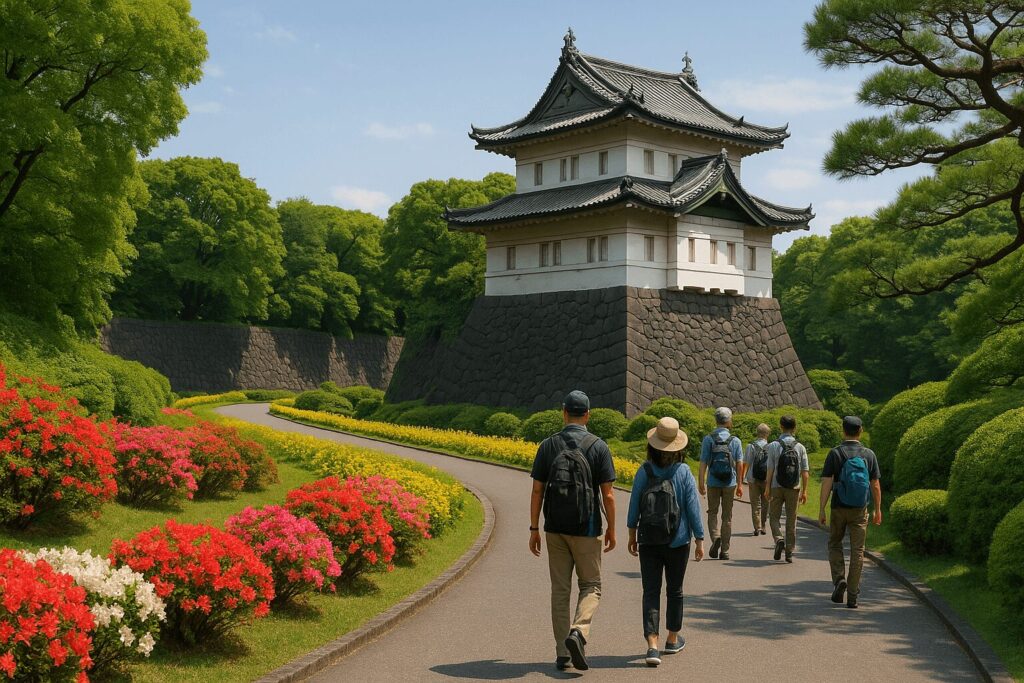
- Nijubashi Bridge (二重橋): The iconic double-arched bridge often seen in postcards.
- East Gardens (皇居東御苑): Open to the public and filled with seasonal flowers, historic ruins, and old guardhouses.
- Otemon Gate: One of the grand entrances to the former Edo Castle.
- Fushimi Yagura: A surviving guard tower offering a sense of the original castle architecture.
- Scenic Moats and Stone Walls: Great for photos and a peaceful walk.
🎧 To really understand the deep history of this area, we recommend taking a guided tour with a knowledgeable local.
🌟 Book the Imperial Palace & Edo Castle Walking Tour here
📍 How to Get There
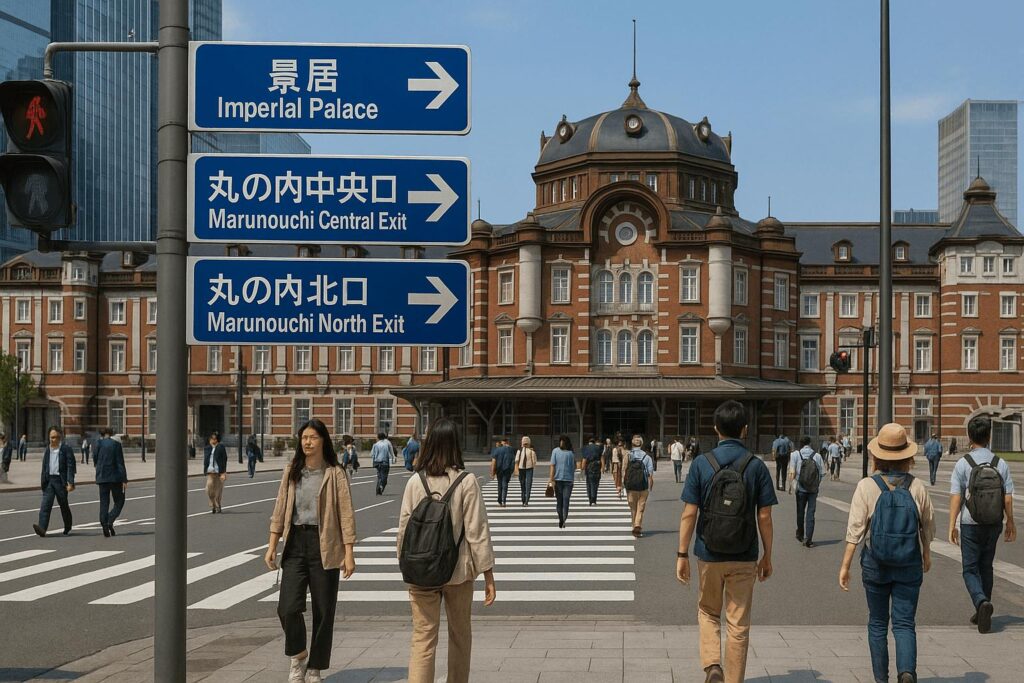
- Nearest Station: Tokyo Station (Marunouchi Exit) – 10-minute walk
- Opening Hours: The East Gardens are usually open Tuesday–Thursday and Saturday–Sunday
- Admission: Free (but guided tours are paid and offer much more insight!)
🧭 Insider Tips
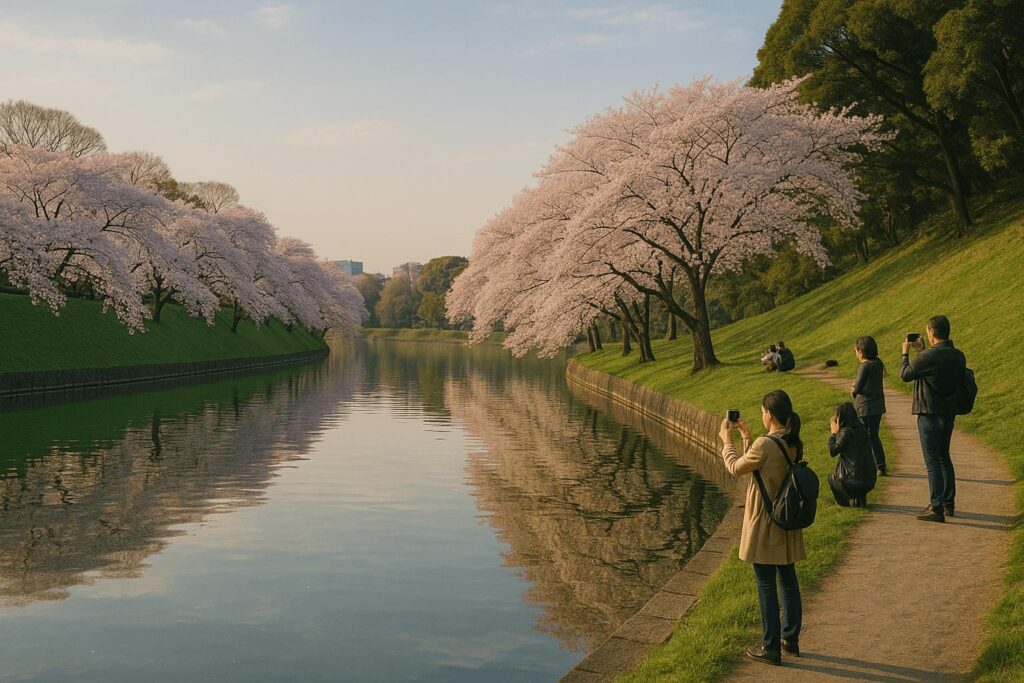
- Visit during cherry blossom season (late March to early April) or autumn foliage (November) for amazing views.
- Wear comfortable shoes – there’s a lot of walking, especially on the guided tour.
- Check the schedule in advance – the inner palace is only open to the public on January 2 and February 23 (Emperor’s Birthday).
✨ Final Thoughts
The Tokyo Imperial Palace is more than just a historical site — it’s a symbol of Japan’s transformation over centuries. If you want to experience its hidden layers and walk the paths once trodden by samurai and emperors, this walking tour is your best bet.
🎟️ Click here to reserve your spot with Klook and uncover the stories behind Tokyo’s most regal landmark.

